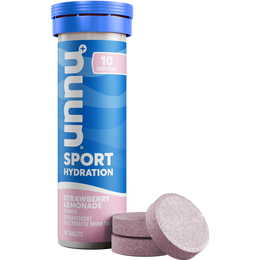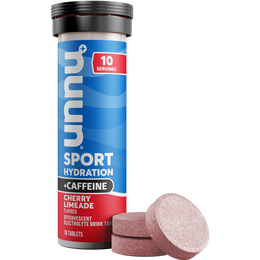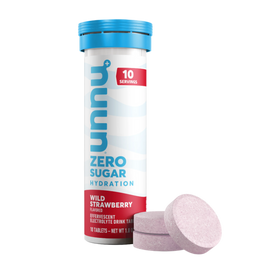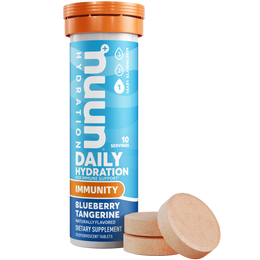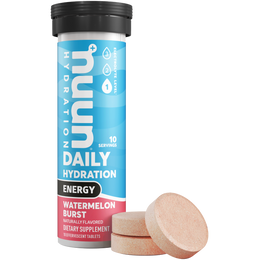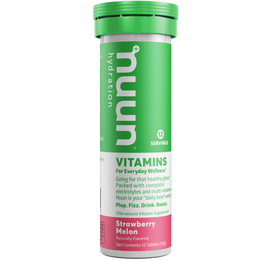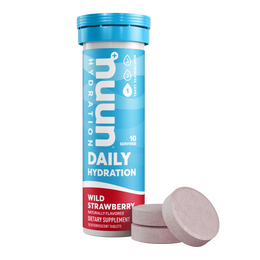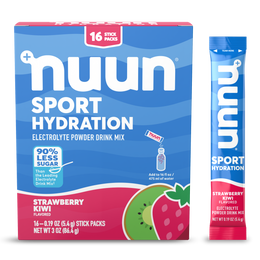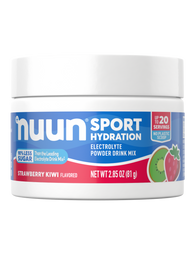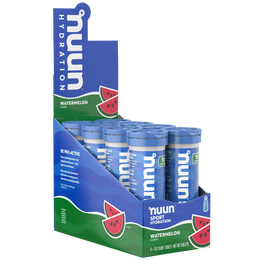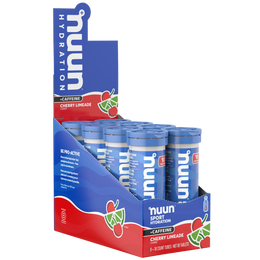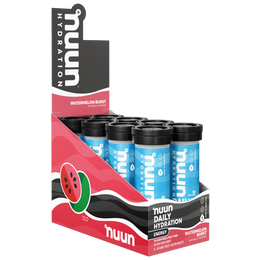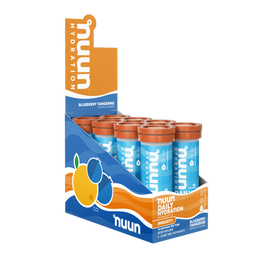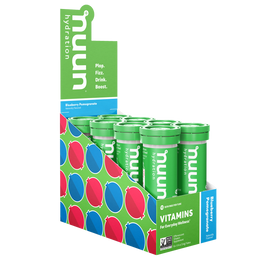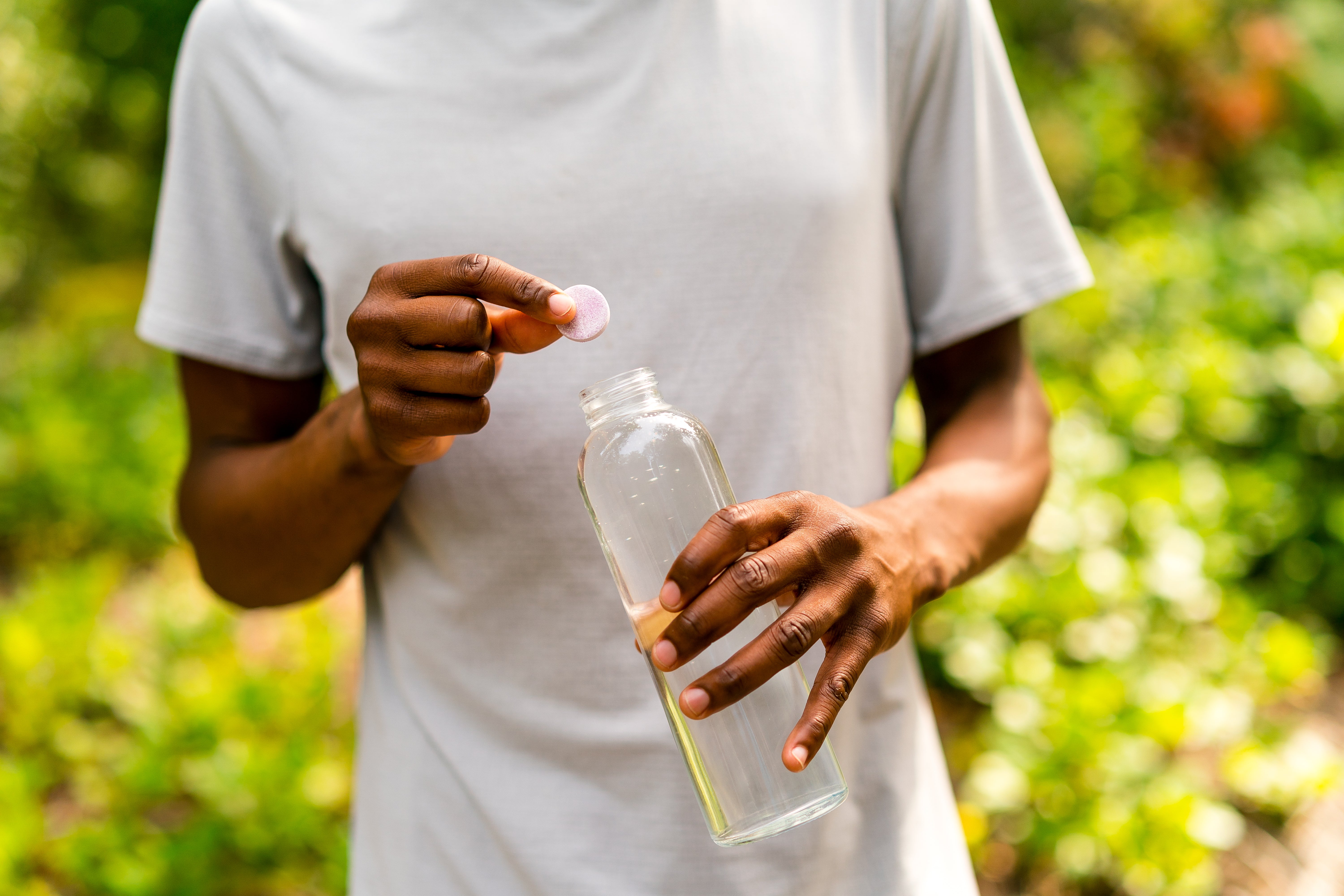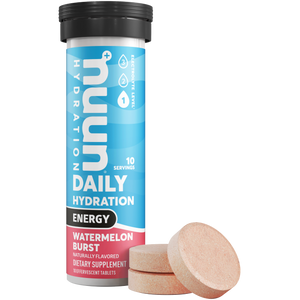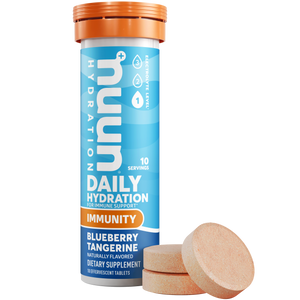Nursing can be an incredibly rewarding journey for those who embark upon it, but it’s also physically demanding. Amidst the joy and bonding that comes with breastfeeding, many nursing parents may overlook an essential aspect of their health: hydration. Proper hydration is crucial not only for your well-being but also for your ability to nourish your baby effectively. Understanding how hydration influences breastfeeding and overall maternal health can help you maintain your energy levels, support milk production, and ensure both you and your baby thrive.
Why Hydration Matters for Nursing Parents & Milk Production
Breastfeeding significantly increases fluid needs.i On average, those who nurse require 16 cups of water daily to stay appropriately hydrated and produce enough milk supply.ii This increased intake compensates for the fluids lost through milk production.
Breast milk is approximately 90% wateriii, so maintaining sufficient fluid levels is crucial for producing an adequate supply. Dehydration can result in reduced milk volume and quality, potentially impacting your baby's nutrition.iv Drinking water throughout the day, especially before and after nursing sessions, helps meet these elevated hydration needs.
Signs of Dehydration in Nursing Mothers
Dehydration can affect both your energy levels and overall health. Staying adequately hydrated is essential for sustaining the demanding routine of nursing and ensuring you feel your best. Recognizing the early signs of dehydration is crucial for nursing mothers. Symptoms include, but aren’t limited tov:
- Increased thirst
- Dry mouth, dry skin, and cracked lips
- Dark urine or infrequent urination
- Fatigue and dizziness
- Headaches or dizziness
- Decreased milk supply
Early detection and addressing these signs promptly can prevent your dehydration from getting worse.
Electrolytes and Nursing: Impact on Milk Production
Electrolytes, such as sodium, potassium, and magnesium, are crucial for maintaining the body's fluid balance, muscle function, and overall health. For nursing parents, an electrolyte imbalance or deficiency can have several impacts on milk production and overall well-being:
- Fluid Balance: Electrolytes help regulate the balance of fluids in and out of cells. Proper hydration is essential for maintaining the volume and consistency of breast milk. An imbalance can disrupt this, potentially reducing milk supply.
- Muscle Function: Electrolytes are vital for muscle contractions, including the muscles involved in milk ejection. An electrolyte deficiency can lead to muscle cramps or weakness, which might affect the let-down reflex (the process that moves milk from the glands to the nipple), making breastfeeding more challenging.
- Energy Levels: Nursing mothers need to maintain their energy levels to produce milk effectively. Electrolytes help in energy production and utilization within the body. A deficiency can lead to fatigue, making it harder for mothers to meet the physical demands of breastfeeding.
- Overall Health: Electrolytes are important for overall cellular function and metabolic processes. An imbalance can lead to general feelings of malaise or illness, which can indirectly affect milk production by decreasing your ability to maintain a regular nursing schedule.
Practical Hydration Tips for Nursing Mothers
Staying hydrated as a nursing mother involves more than just drinking water. Here are some effective strategies:
- Drink Before You’re Thirsty: Thirst is a late indicator of dehydration, so aim to drink fluids consistently throughout the day.
- Carry a Water Bottle: Keep a refillable bottle with you at all times to remind yourself to drink regularly.
- Choose Hydrating Foods: Incorporate water-rich foods into your diet, such as cantaloupe, watermelon, strawberries, spinach, lettuce, celery, and tomatoes.vi
- Limit Caffeine and Sugary Drinks: These aren’t the best way to accomplish your hydration goals and health care providers often suggest that those breastfeeding limit them anyway.
Hydration is a cornerstone of a healthy and successful nursing journey. By prioritizing your hydration, you are not only taking care of yourself but also ensuring the best nourishment for your baby. Make proactive hydration a part of your daily routine and live (and nourish) life more hydrated.
References:
[ii] Nursing Your Baby — What You Eat and Drink Matters (eatright.org)
[iii] 5.2: Breast Milk- Composition, Benefits and Rates - Social Sci LibreTexts
[vi] Water, hydration, and health | Nutrition Reviews | Oxford Academic (oup.com)
